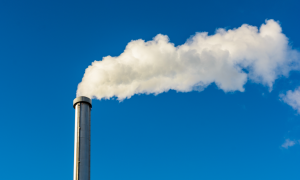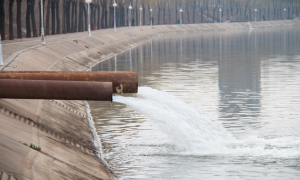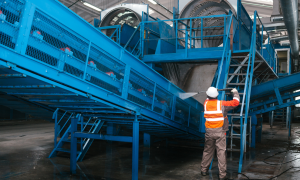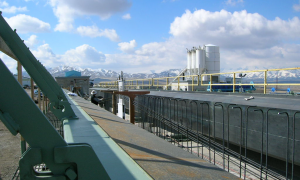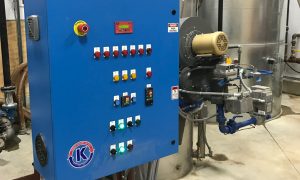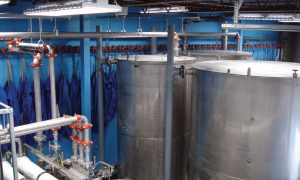Cooling Water Chemicals
Kemco’s water treatment systems enhance your company’s sustainability initiatives with solutions that eliminate contaminants, prevent corrosion, fouling and scaling to downstream operations, and produce exceptional water for reuse and discharge.
Wastewater generated from industrial processing plants contain contaminants such as; sand, lint, oils & greases, heavy metals, and volatile organic compounds (VOC’s). DAF technology is a proven and effective process for treating a variety of industrial wastewater streams specifically targeting oils, greases, and suspended solids, and producing quality water safe for discharge to sewer or reuse back into your plant process.
What is DAF?
Dissolved air flotation is a water treatment process that clarifies wastewater by removal of suspended solids, oils, greases, BOD, COD, and metals. This is achieved by dissolving air in the wastewater under pressure and then releasing the air at atmospheric pressure in a flotation tank. The released air forms tiny bubbles which adhere to the suspended matter causing it to float to the surface of the water where it can then be removed by a skimming device, ready to dewater for proper disposal. To improve solids removal coagulant/flocculants are added to coax suspended solids and colloidal particles into clumping together.
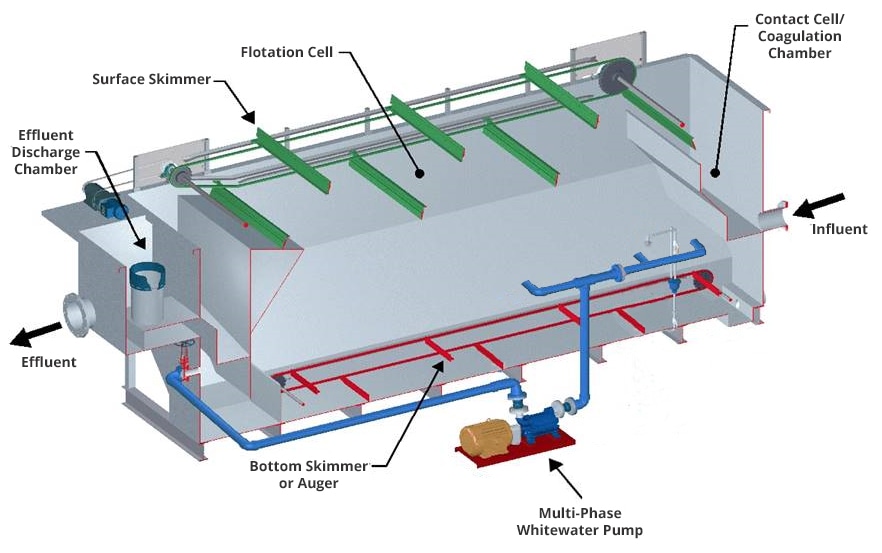
Have A Question? Get In Touch Below!
Technology - Check Out Our Technolgy Solutions
Where and Why DAF?
Typically, DAF is used to clarify wastewater from food processing plants, industrial laundries, oil refineries, paper mills, metal finishing, and many other niche industries so water is suitable for reuse or discharge to sewer.
- Reduced Footprint
- Lower Compliance Costs
- High Efficiency
- High Quality Treated Water
- Increase Reuse Rates
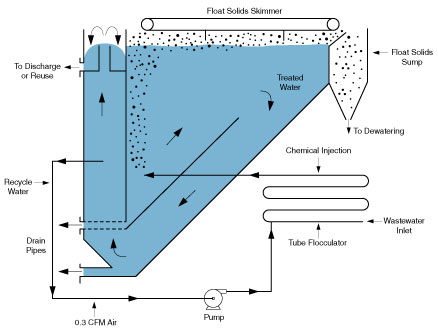
What does a DAF system look like?
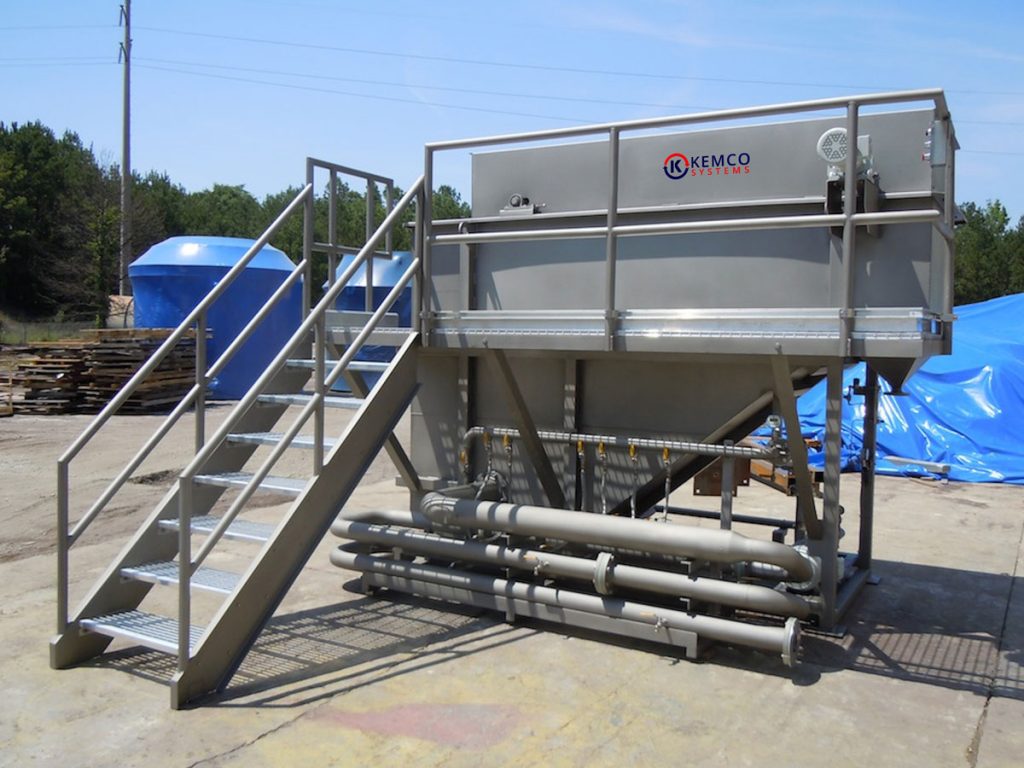
Results
| UNTREATED | TREATED | |
|---|---|---|
| pH | 11.2 | 8.9 |
| TSS | 1672 | 18 |
| Oil & Grease | 2480 | 16 |
| BOD | 732 | 124 |
| COD | 1120 | 312 |
| Cadmium | 0.18 | less than 0.02 |
| Chromium | 0.24 | less than 0.02 |
| Copper | 1.16 | less than 0.10 |
| Lead | 0.87 | less than 0.10 |
| Nickel | 0.48 | less than 0.05 |
| Zinc | 1.93 | less than 0.03 |
Through on-site visits, testing, and pilot studies, a processing plant’s unique requirements are determined, and a DAF system is designed specific to your plant. Typical DAF systems include coarse filtration, physical-chemical treatment, and sludge dewatering prior to discharge or reuse.
Coarse filtration removes lint, scale, sand, and other large objects from the waste stream via hydrocyclone or shaker screen. The hydrocyclone system is a centrifugal separating device, designed for separating high-density solids, such as sand and gravel, from the waste stream. The shaker screen is a multi-stage filtration that can accommodate varying flow rates and separate both fine and coarse particles. Both are used prior to the DAF.
Accurate pH control is vital to any wastewater treatment system. The requirement for adjustment or neutralization is common to industrial wastewater dischargers and commercial laundries. Discharge pH limits vary from region to region, and the consequences of discharging outside these limits are often fines and damage to the environment. Automatic addition of acid or caustic is preferred in pH control and consists of a treatment tank with a mixer, an in-tank pH sensor, in-tank level control, metering pumps for acid and caustic injection, an automated drain valve or pump for the effluent, and a control panel.
After the waste stream has moved through coarse filtration, pH control, and the DAF, the sludge produced from the DAF is skimmed and moved to sludge dewatering. This filter press provides dewatering of liquid waste residuals for ultimate disposal of dry, solid waste. This solid waste can be disposed of separately to landfills, leading to a cleaner wastewater discharge. The filter press greatly reduces waste treatment and disposal hauling costs.
We've Worked With Many Of The Worlds Leading Brands!
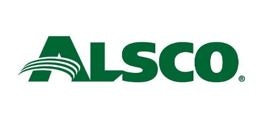
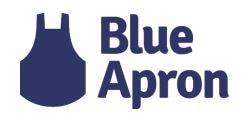
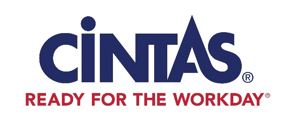
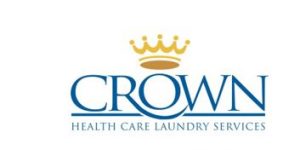
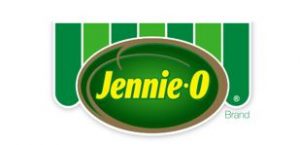
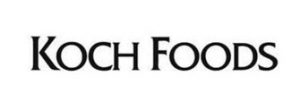

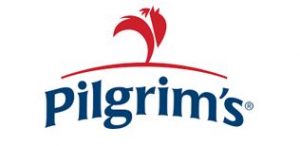
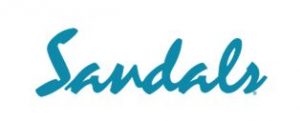
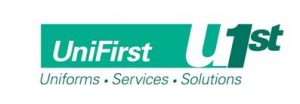
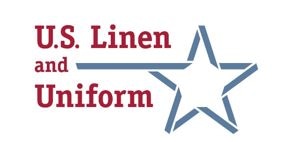
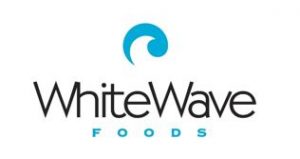
Helping Our Clients Redefine Efficiency Since 1969!




